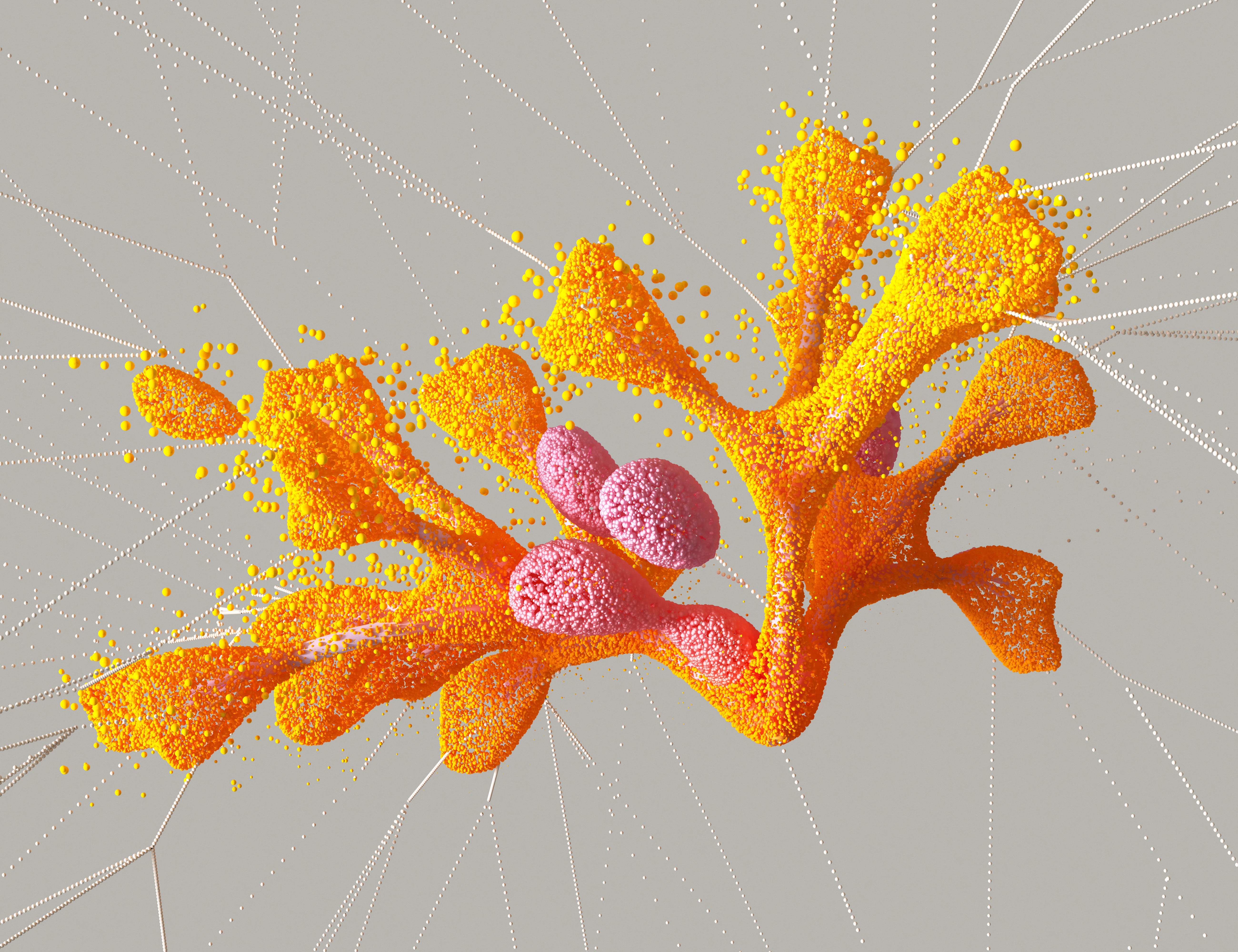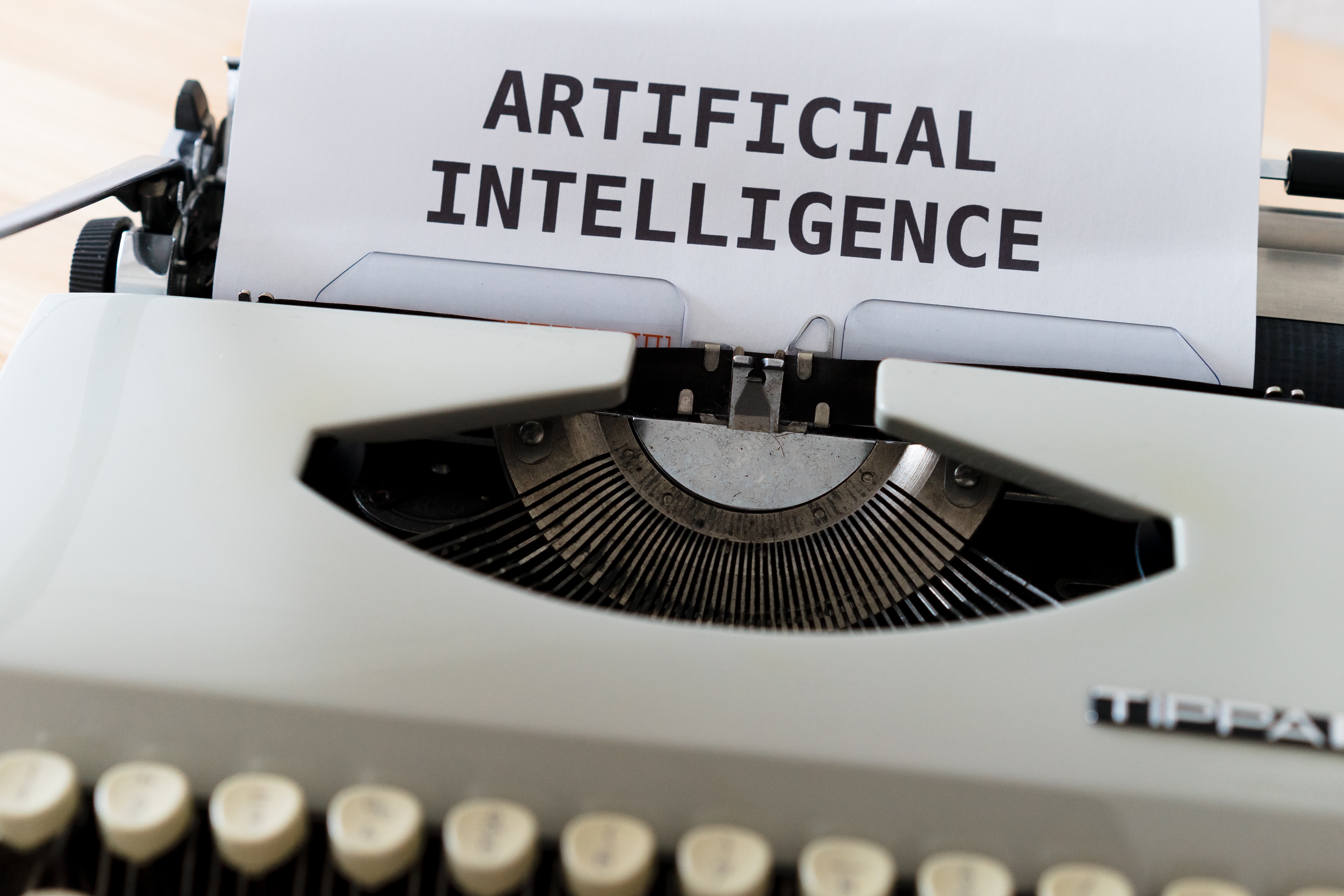

Soumya Tripathi
Artificial Intelligence VS Human Intelligence
Artificial Intelligence (AI) and Human Intelligence are the two wider topics. Where AI has significant progress in recent years, it is still far from matching the intelligence and adaptability of human beings. In this blog, you will get to know the major difference between artificial intelligence and human intelligence, and their respective strength and weaknesses.
What is Artificial Intelligence?
Artificial Intelligence is composed of two words Artificial and Intelligence, where Artificial defines “man-made,” and intelligence defines “thinking power”, hence AI means “a man-made thinking power.”
So, we can define AI as:
“It is a branch of computer science by which we can create intelligent machines which can behave like a human, think like humans, and be able to make decisions.”
AI systems can be classified into three categories:
One such example of AI is a virtual personal assistant, such as Apple’s Siri, Amazon’s Alexa, or Google Assistant. These AI-powered assistants use natural language processing and machine learning algorithms to understand and respond to user requests.
They can perform tasks like setting reminders, playing music, answering questions, and even controlling smart home devices. The more they are used, the more they can learn about their user’s preferences and behaviors, allowing them to provide more personalized and useful responses over time.
What is Human Intelligence?
Human intelligence refers to the mental abilities that humans possess, such as perception, reasoning, creativity, and problem-solving. Human intelligence is the result of the complex interactions of different cognitive processes and high levels of motivation and self-awareness in the human brain. Human intelligence is characterized by its adaptability, creativity, and flexibility.
So as you got the idea of what is AI and Human Intelligence now comes the main part of AI vs. Human Intelligence
So one of the major differences between AI and human intelligence is their ability to adapt to new situations. While AI can perform specific tasks much faster with higher accuracy than humans, they lack the flexibility and adaptability that humans possess.
Human intelligence can easily adapt to new situations and learn from experience, while AI systems need to be reprogrammed or trained with new data to perform new tasks.
Another difference between AI and human intelligence is their creativity.
Human intelligence can generate new ideas and approaches to problem-solving, while AI systems can only generate solutions based on the data they have been trained on. AI systems can be very useful in finding patterns and correlations in large datasets, but they lack the creativity to come up with entirely new ideas or solutions.
The AI system also lacks emotional intelligence, which is the ability to understand and manage one’s emotions and the emotions of others. Emotional intelligence is a critical aspect of human intelligence, enabling us to form relationships, communicate effectively, and make decisions based on empathy and compassion.
Conclusion:
AI and Human Intelligence are very different, with their respective strengths and weakness. AI systems can perform specific tasks faster and more accurately than humans, but they lack the adaptability, creativity, and emotional intelligence that humans possess.
While AI systems are advancing rapidly it is unlikely that they will fully replace human intelligence in the foreseeable future. Instead AI, systems are likely to continue to complement human intelligence in a wide range of tasks and industries, making our lives easier and more productive.

Soumya Tripathi
Hello and welcome to my blog! My name is Soumya Tripathi, I am a passionate writer and blogger. I will cover a wide range of topics on my blog including mental health, personal development, travel My goal is to create engaging and informative content that my readers will find helpful and enjoyable. Thank you for joining me and i hope you liked my blog